It's sad that for so many of us religious people, we have so little knowledge of the long history of adaptation within our beliefs. We tend to focus on the way our church or temple has been since either The Great Awakening of the 1700s or the Revivalism of the 1900s that led to the growth of Pentecostalism and a settling in of Dispensationalism. We have thousands of years of theological history prior to those events that are equally valid as the "faith and message" doctrines of today. Among those is the idea of ensoulment, or when the soul and the body join together, particularly in the area of abortion and how the church understands it, which, like all theological understanding has a larger scope and understanding in the faith at large and beyond merely what you denomination or church stance it.
For reference, here's just one article about church history on the matter. Apologies. It's quite long.
But the conviction that “human life begins at the moment of conception” is not the historic norm among religions in general. Even in the history of Christianity, there has never been a united voice on this issue. In actuality, neither the Christian Scriptures nor modern science provide sufficient data to enable us to draw indisputable conclusions regarding this topic. Much of our confusion may be attributed to our failure to distinguish between the concepts of “life” and “ensoulment.”
Distinguishing Between “Life” and “Ensoulment”
Our first order of business must be to define and discuss the distinction between “life” and “ensoulment.” There are several extant definitions and lists of criteria for establishing what comprises “life,” but a comprehensive definition may be found in the Stanford Encyclopedia of Philosophy, which states that “living entities [are those which] metabolize, grow, die, reproduce, respond, move, have complex organized functional structures, heritable variability, and lineages which can evolve over generational time, producing new and emergent functional structures that provide increased adaptive fitness in changing environments.”
Using such a definition leads to the conclusion that “life” is certainly not exclusive to human beings. The term “living” may be just as applicable to animals or even plants. Cows and owls, dogs and frogs, mice and lice; all are “alive” according to science. Until quite recently, however, no non-human creature has been accorded the same status as a human being. Each lacks “something” that distinguishes humans from all other living forms on the planet. Philosophically and religiously speaking, this distinctive aspect is called “the soul”: an immaterial “something” that endows a human being with an intellect, emotions, a will, and an autonomous “sense of self.” This “something” cannot be identified under a microscope; it cannot be described in terms of size, shape, texture, color, or the like. But it is presumed to exist nonetheless.
It is the matter of “ensoulment”—of when a soul becomes present in a human—that most concerns us in this essay. For it is one thing to speak of “when life begins,” but quite another to speak of when “the soul” enters or is present in a human body. These are entirely distinguishable items, and though they may be simultaneous in their origins, they are not necessarily so. One can maintain that “life” begins at the moment of conception without holding that “ensoulment” occurs at that same time, and such a distinction could potentially lead to very controversial convictions regarding various moral and ethical issues extant today.
Ensoulment in the History of Religions
Christianity
We will begin our study of ensoulment with the Christian religion. Views regarding the time and means of this phenomenon vary greatly even within this single religious system, and so Christianity’s theological considerations of this subject will provide us with a template for classifying the views of other religious systems of thought, both Eastern and Western.
It is important to note that when dealing with the topic of “ensoulment” within the parameters of Christianity, we will mainly be examining “Christian,” not necessarily “biblical,” views. Despite claims to the contrary, the canonical Scriptures of the Christian faith do not directly answer the question of when “life” begins or when “ensoulment” occurs. To illustrate: Psalm 139:13, which contains David’s conviction that “you [God] created my inmost being; you knit me together in my mother’s womb,”6 is often used as a model verse for Christian pro-life activists. But what does this passage actually teach us? The literary genre of the Psalms in general, as well as the context of this particular psalm, are not scientific in orientation. The intent of the psalmist is to praise God, and David is using the forms that are appropriate in a psalm—poetry and metaphor—to get his point across: that God is to be praised because God cares enough to know David intimately.
Even if for the sake of argument we were to consider Psalm 139:13 literally rather than metaphorically, the passage could still be construed as saying no more than that God sovereignly brought about the life of David, one of God’s closest followers and “a man after his own heart” (1 Samuel 13:14). The passage does not necessarily imply that God “creates the inmost being” of every fetus in every womb; it could well be that God sovereignly chooses to “create the inmost being” only of those that he knows through his foreknowledge will reach full-term in their development. Neither does the passage address the issue of when such an inner-being creation occurs for those in which God does choose to do so.
A parallel example would be that of Jeremiah 1:5, which says: “Before I formed you in the womb I knew you, before you were born I set you apart.” Some have concluded that this verse proves that God considers fetuses in the womb to be human beings, loved and known by him. Others, however, are persuaded that the passage says only that God knew that this particular fetus in this particular womb would become Jeremiah—an important prophet—and indicates that God in his sovereignty planned the creation of Jeremiah even before his conception, just as Ephesians 1:4 indicates that all of God’s elect were chosen “before the creation of the world.”
Because of the ambiguity of these and other scriptural passages, the history of Christianity has seen the development of three distinct views with respect to ensoulment: Pre-existentianism, Traducianism, and Creationism.
Pre-existentianism.
Pre-existentianism is the belief that souls are preexistent entities who await bodies to enter. According to this concept, the body is essentially “accidental” and relatively unimportant; a human being is complete without a physical body. Historically, very few within Christian circles have held or taught this view, though the Church of Jesus Christ of Latter Day Saints adopted it in the nineteenth century...
Traducianism.
The doctrine of Traducianism teaches that the “soul” is present in both the sperm and the egg when they unite. The combination forms a new “soul” automatically and immediately. Traducianism has been held by at least some Christians since the church’s earliest years. Tertullian (c.160–c.225), for instance, wrote that the soul also begins from conception; life taking its commencement at the same moment and place that the soul does.”7
Clement of Alexandria presented a much more detailed description: The embryo is a living thing; for that the soul entering into the womb after it has been by cleansing prepared for conception, and introduced by one of the angels who preside over generation, and who knows the time for conception, moves the woman to intercourse; and that, on the seed being deposited, the spirit, which is in the seed, is, so to speak, appropriated, and is thus assumed into conjunction in the process of formation.8
The Traducianist view was also held by Gregory of Nyssa (335–c.394) and Maximus the Confessor (c.580–662). The latter’s argument was based on the example of Christ, who had been pronounced by the Ecumenical Church councils to be fully human and fully divine from the first moment of his conception—implying that he possessed a spiritual soul from that instant. If, as the Bible teaches, Christ was like us (humans) in all things except for sin, then it must be true that all human beings receive a spiritual soul at conception as well.9
Some scholars hold that the Traducianist view best explains the transmission of original sin. Bruce Waltke, for instance, concludes that “on the basis of inherited sin, . . . man’s spiritual element is passed on mediately from Adam and not as the immediate creation of God, who does not author sin.”10 If the soul is automatically generated by the joining of sperm and egg, God avoids the accusation that he has indirectly been party to the transmission of sin. But here a question arises: if the soul is brought forth by the union of the parents, then are they to be seen as the true creators of life and God only an interested (or even disinterested) observer? Traducianism is essentially deistic in that God’s creative powers are held to have initiated life—including the soul—only in the case of Adam and Eve. Since that time, the generation of “life” and “soul” has been the prerogative of humans alone.
Creationism.
The doctrine of Creationism maintains that the “soul” is created and introduced into a fetus by God at a point of his choosing, either at the time of a fetus’s first breath, as was the case with Adam in Genesis 2:7, or when God in his sovereignty knows that a fetus is not going to be spontaneously (meaning “naturally”) or intentionally aborted.
Theologian Louis Berkhof—a staunch proponent of Creationism—sees a marked distinction in the Bible between the body, which is taken from earth, and the soul, which is given by God. Significantly, the creation story is the first example of this distinction. Genesis 2:7 says that “God formed a man from the dust of the ground and breathed into his nostrils the breath of life.” Ecclesiastes 12:7 adds the comment that “the dust returns to the ground it came from, and the spirit returns to God who gave it.” And Hebrews 12:9 makes the distinction between “human fathers” and the “Father of spirits,” concerning which the seventeeth-century Swiss Reformed clergyman Francis Turretin comments, “Why should God be called ‘the Father of spirits’ in contradistinction to ‘the fathers of the flesh’ unless the origin of each was different?”11 While these passages are not sufficient to bring us to a conclusion as to when the soul is introduced into the body, they do allow us to conclude that “body and soul are not only represented as different substances, but also as having different origins.”12
Physical substance comes from physical origins, and spiritual essence from a spiritual source. Berkhof maintains that Creationism is the most biblically-based view, claiming that “it is more consistent with the prevailing representations of Scripture than Traducianism.”13
Berkhof is just one of the more recent representatives of a stream of thought that is rooted both in ancient Hebrew beliefs and in Aristotelian philosophy, a stream that is shared today by rabbinic Judaism and by much of Islam. Aristotle equated “life” and “soul,” but described different kinds of the latter: vegetative, sensitive, locomotive, and intellectual.
“In general,” Aristotle believed, “soul is imparted to the body in stages as each part is formed, and the specific soul is not actually present until the form is complete.”14 This “completion of form” takes place on the fortieth day after conception for males, and on the eightieth day for females. Augustine of Hippo (354–430) was a proponent of this view, and Thomas Aquinas (1205–1274) adopted Aristotle’s schema practically in its entirety. Aquinas held that the body was formed gradually through the power transmitted by the male seed but the spiritual soul was directly created by God when the body was ready to receive it. Thus the embryo was believed to live at first the life of a plant, then the life of a simple animal, and only after all its organs, including the brain, had been formed, was it given, by the direct and creative act of God, an immortal spiritual soul.15
The Creationist views of Augustine and Aquinas were the norm in the Christian West from the early fifth century to the late nineteenth century. The Justinian Code of the sixth century excused from penalty abortions performed prior to forty days after conception.
Pope Innocent III (c. 1216) and Pope Gregory IX (c. 1241) both affirmed the distinction between "vivified” fetuses (older than forty days) and those younger than so.16 Not until the Effraenatum of Pope Sixtus V in 1588 did the forty-day rule vanish and abortion was declared illegal at any stage of fetal existence. But this ruling was rescinded by Sixtus’s successor Gregory XIV, and this repeal lasted until 1869, when Pius IX reinstated the earlier decision. Even so, Pius’s decree did not become canon law until 1918—a mere ninety years ago.17
With respect to Protestantism, the writings of John Calvin and Martin Luther were interpreted by their immediate successors as supportive of the Traducianist position. Over time, however, many in the Calvinistic stream returned to the Creationist position, while Evangelical Protestants—derived mainly from Lutheran Pietism—have remained nearly unanimous today in their advocacy of Traducianism.
Judaism
In Jewish law, a fetus becomes a full-fledged human being when the head emerges from the womb. Before that moment, the principle that applies is that of ubar yerekh imo: “the fetus is the thigh of its mother,” meaning that it may not be considered an independent entity but is instead a “partial life.”18 This view is based on Exodus 21:22, which says that if a woman miscarries due to being struck by men fighting, and she herself is not seriously injured, the offender is to pay the husband of the woman a monetary fine for the loss. What is significant here is that the Mosaic Law requires “life for life” (Exodus 21:23). The above scenario, then, implies that the fetus is of worth (since payment is required for its destruction) but not of equal worth to, say, the life of the mother (or the punishment of the offender would have been death). The distinction is made here because the fetus is not considered to be nefesh adam (“a man”) but rather lav nefesh hu (“not a person”) until it is born.19
Philo (20 bce – 50 ce) was the first to address seriously the issue of ensoulment, using the scenario of Exodus 21:22 as his starting point. The Septuagint translation of the Tanakh had rendered the word ason in this passage as “form” rather than “harm,” thus changing the meaning from “if [there be] no harm [that is, death, to the mother], he shall be fined” to “if [there be] no form [yet, to the fetus], he shall be fined.... But if [there be] form, then shalt thou give life for life.”20
Whereas the previous (and correct) translation would require only a fine for an abortion at any stage of a pregnancy, Philo makes a “before and after” distinction. He writes: If one have a contest with a woman who is pregnant, and strike her a blow on her belly, and she miscarry; if the child which was conceived within her is still unfashioned and unformed, he shall be punished by a fine, both for the assault which he committed and also because he has prevented nature—which was fashioning and preparing that most excellent of all creatures, a human being—from bringing him into existence. But if the child which was conceived has assumed a distinct shape in all its parts, having received all its proper connective and distinctive qualities, he shall die; for such a creature as that is a man, whom he has slain while still in the workshop of nature, which had not thought it as yet a proper time to produce him to the light, but had kept him like a statue lying in a sculptor’s workshop, requiring nothing more than to be released and sent into the world.21
Philo held that the time of having assumed “a distinct shape in all its parts” was the fortieth day after conception, following the Aristotelian line of thinking.
Another context bearing upon this issue is that of the Sabbath laws, which contain no general permission for a violation in order to save a fetus. The wording of the Talmudic discussion of this issue suggests two conclusions: “The fetus is not a person, not a man; but the fetus is indeed potential life and is to be treated as such.”22
One further illustration will serve to show just how complex this subject can actually become. There is within Judaism a factor known as “doubtful viability,” which holds that an embryo remains an embryo until thirty days after its birth, becoming only then a bar kayyama, a viable, living being.23 We find, then, in Judaism the same ambiguity regarding fetal life that we noted in Christianity. ...
First, we must teach in our classrooms and in other venues in such a way that the general public learns that the matter of ensoulment is an enormously complex issue. We must show by example that the implications of such an issue should not be undermined by denial or neutrality, but should be approached in a loving, fair, and nonjudgmental fashion. We must explain that religious beliefs regarding this subject—even within a single religion such as Christianity—span a very wide spectrum, and all attempts to simplify these matters in an unrealistic manner will doom us to continued misunderstanding and acrimony. Neither natural science nor revelation—natural or special— has produced sufficient data for surety regarding these issues. Consequently, discussion and debate regarding contraception, abortion, in vitro fertilization, and stem cell research must be brought to a higher level of sophistication than is currently extant.
Second, in the course of our discussions we should adopt a vocabulary that avoids hyperbole and unwarranted assumptions. Terminology that is brutal and accusatory, such as “murderers” and “baby-killers,” should be eliminated. After all, can we know with absolute certainty that the abovementioned activities do indeed involve “murder”? If there is no incontrovertible revelational teaching regarding this issue, might one not essentially be violating a moral requirement that is incontrovertible (for example, “Thou shalt not bear false witness”) by misinforming the public concerning “what God has said” regarding these subjects? Why not focus our attention and resources on larger issues, such as the spiritual, sociological, psychological, and physiological tragedies that give rise to the very ethical issues we are discussing?
...It is a tragedy that the church is often the last place a woman who has had an abortion will go. A simplistic judgmentalism will succeed only in polarizing individuals and groups. Anonymous letters such as one received by Dr. George Woodward that threatened, “If you continue I will hunt you down like any other wild beast and kill you,”54 are all too often highlighted by the media and do nothing to resolve the situation.
We believe that a majority of Christians do not condone such behavior. They are instead embarrassed by and apologetic concerning such fanatical attitudes. But separating themselves from extremists in the eyes of a watching world will require more from spirituallyminded persons than pink-cheeked apologies. Such separation will require patient listening, careful and thoughtful discussion, and selfsacrificing compassion. It will require a frank willingness to acknowledge a multitude of possible truths, and, therefore, a necessary change in the overall approach of opponents to abortion to these issues.
These are truly awesome responsibilities. As ambassadors of the kingdom of heaven, our words and our actions concerning these issues can have profound implications for social structures, for moral and ethical considerations, and for the psyches of both women and men. Let us therefore be “shrewd as snakes and as innocent as doves” (Matthew 10:16) in our stewardship of the concept of “ensoulment” and of its implications for humanity.








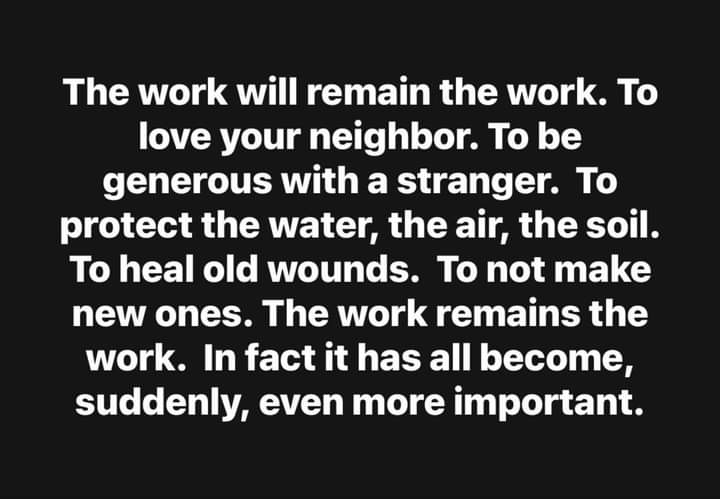
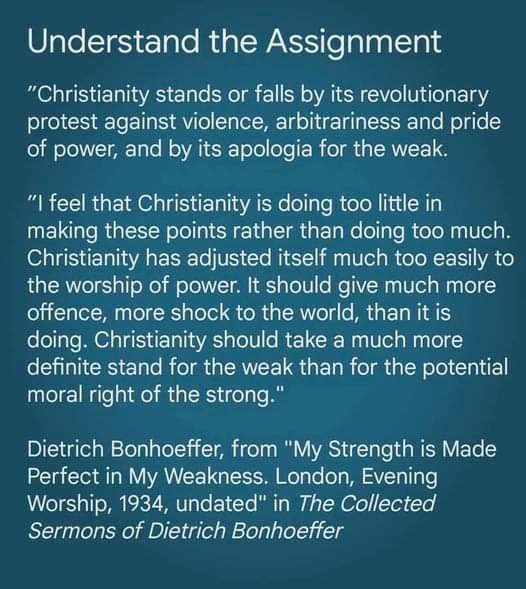

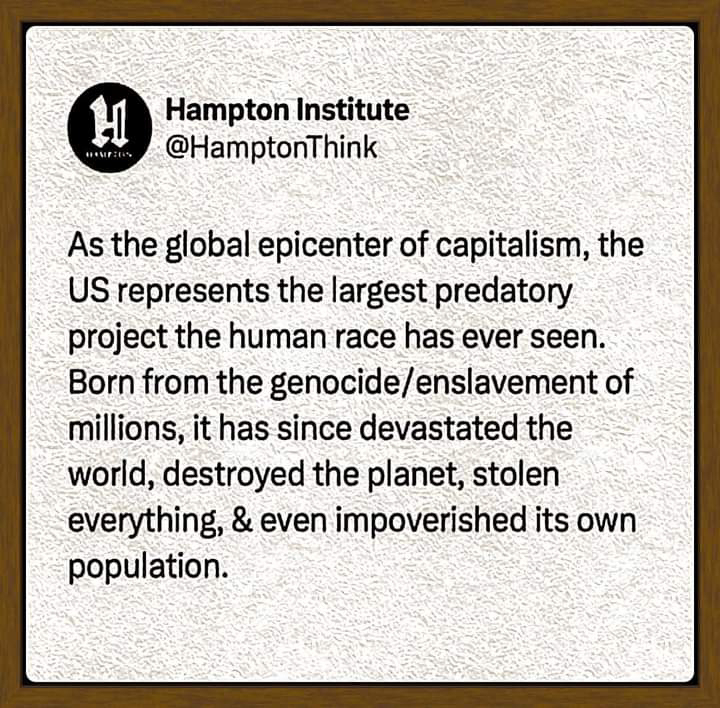
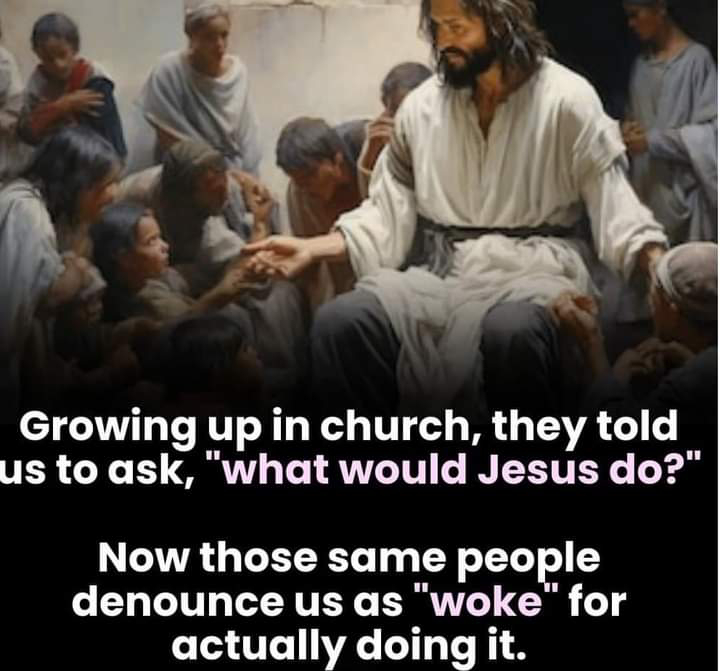

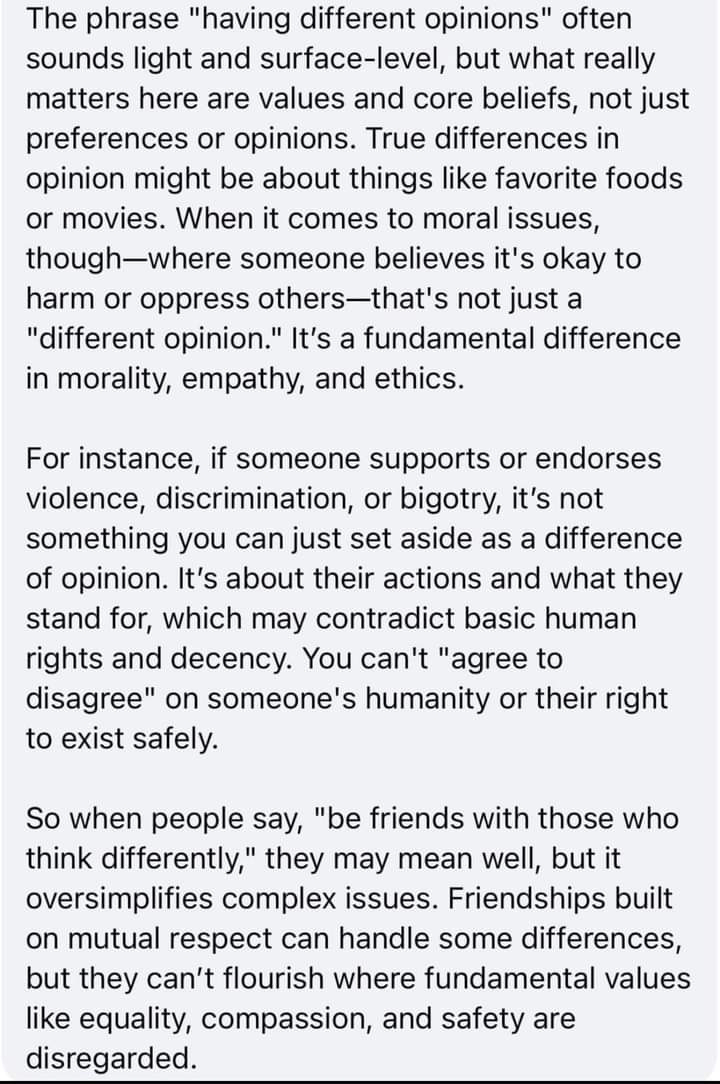





.jpg)




.jpg)